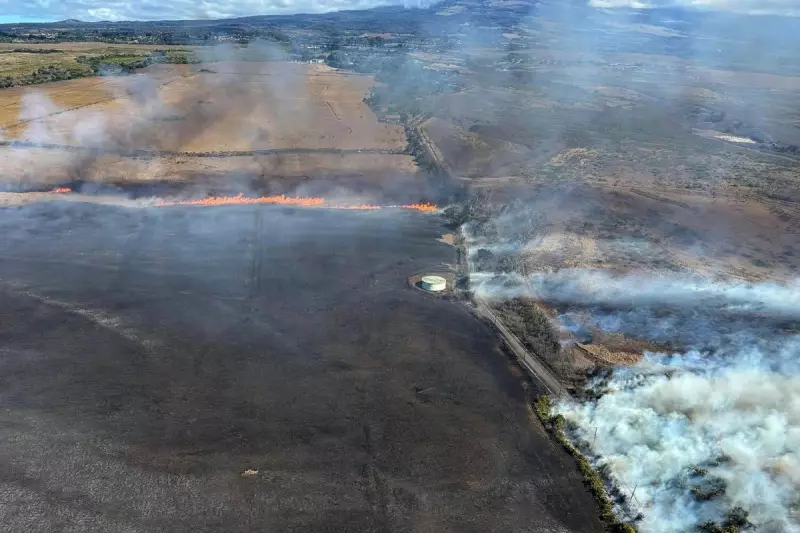
The Federal Emergency Management Agency (FEMA) is grappling with a severe financial crisis that threatens to undermine its ability to respond to natural disasters across the United States. The agency's Disaster Relief Fund has plummeted to critically low levels, raising alarms about America's preparedness during an increasingly active severe weather season.
Kentucky Takes Emergency Action
Kentucky Governor Andy Beshear has declared a state of emergency in response to the escalating situation. "We cannot afford to have our federal disaster response capabilities compromised when our communities face unprecedented weather challenges," Governor Beshear stated during a press conference.
The emergency declaration comes as multiple states, including Oregon, report significant damage from recent extreme weather events. The timing couldn't be more concerning, with hurricane season approaching and wildfire risks mounting in western states.
Political Storm Brews Over Funding
The funding crisis has ignited political tensions in Washington, with Democrats and Republicans clashing over emergency appropriations. Critics argue that the previous administration's budget decisions have left FEMA dangerously underfunded at a time when climate change is intensifying natural disasters.
"This isn't just about numbers on a spreadsheet—it's about people's lives and livelihoods," emphasized a senior FEMA official who spoke on condition of anonymity. "When disasters strike, communities depend on us being ready to respond immediately."
What This Means for Disaster Response
- Delayed assistance to states affected by natural disasters
- Reduced capability for immediate emergency response operations
- Longer recovery times for communities rebuilding after catastrophes
- Strained relationships between federal and state emergency management agencies
The Human Impact
Behind the political and financial discussions lie real consequences for American families. From flood victims in the Midwest to wildfire evacuees in the West, the funding shortfall could mean slower aid distribution, delayed rebuilding efforts, and increased hardship for those who have lost everything.
As Governor Beshear noted, "When disaster strikes, people don't care about political parties or budget debates—they just need help, and they need it now."
The situation remains fluid, with emergency management officials working to prioritize responses while congressional leaders negotiate a solution to the funding crisis.





